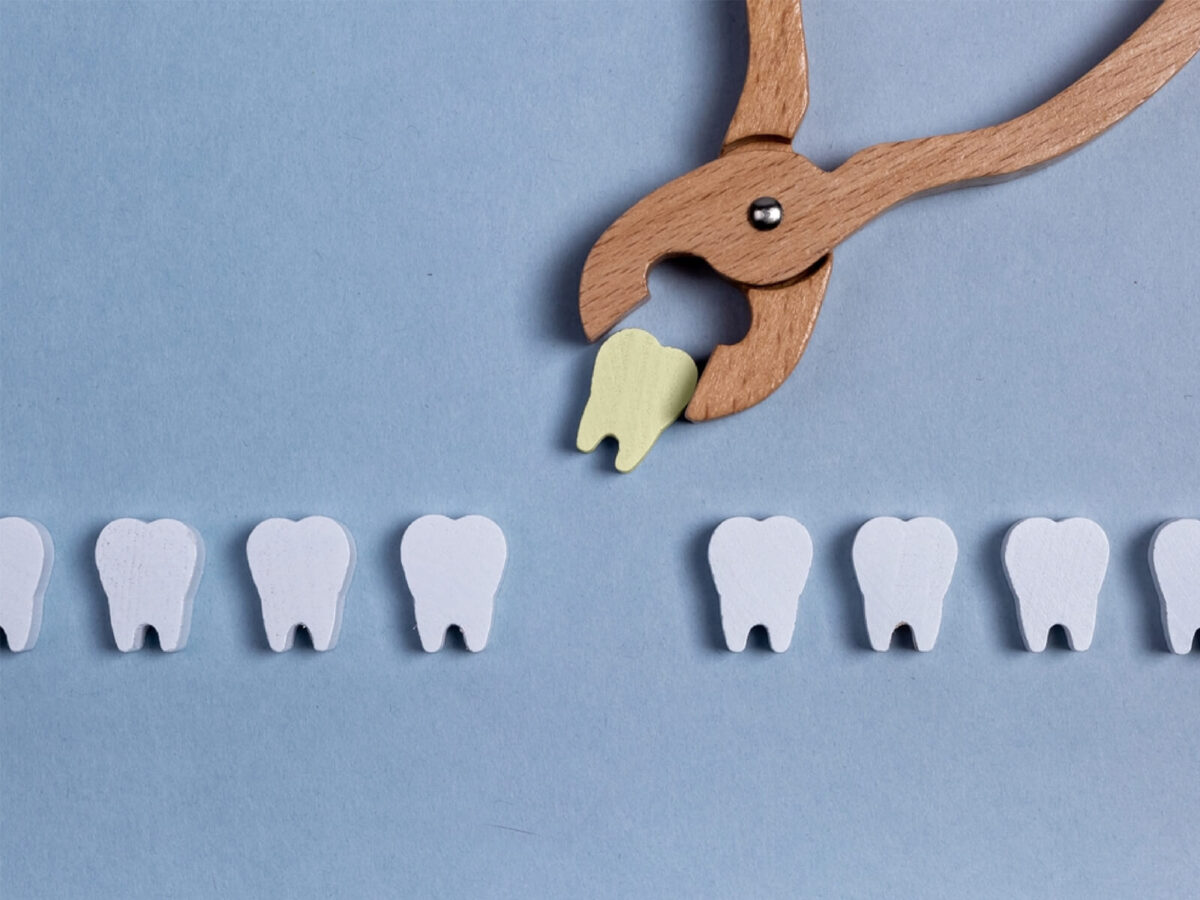Tooth loss can significantly impact both oral function and aesthetics. Fortunately, dental implants have emerged as a significant option for replacing missing teeth, offering a natural-looking appearance and a durable, long-term solution. This post will explore the key factors that make dental implants a reliable and enduring solution for those looking to restore their smiles.
Are Dental Implants A Long-Term Solution For Missing Teeth?
Understanding Dental Implants: Before delving into the long-term benefits, it’s essential to understand what dental implants are and how they work. Dental implants are biocompatible artificial tooth roots made of titanium. These implants are surgically placed into the jawbone, where they fuse with the bone in a process known as osseointegration.
Long-Term Endurance: The durability of dental implants is one of the primary reasons they are considered a long-term solution. Unlike traditional dental bridges or dentures, which may require adjustments and replacements over time, dental implants are designed to last. The integration of the implant with the jawbone provides the same stability and strength as natural teeth.
The unique interaction of dental implants with the jawbone contributes to their long-term stability. Osseointegration ensures that the implant is permanently incorporated into the bone structure, mirroring the stability of a natural tooth root.
Preventing Bone Loss: When a tooth is lost, the bone in the jaw that supports the tooth can weaken over time. This process, known as bone resorption, can alter facial anatomy and jeopardize the integrity of adjacent teeth. Dental implants, functioning like natural tooth roots, play a vital role in preventing bone loss by stimulating the jawbone. This stimulation maintains the bone structure and the long-term integrity of the jaw.
Aesthetics: In addition to longevity, dental implants offer natural-looking aesthetics, contributing to their long-term success. The prosthetic tooth or teeth attached to the implants are custom-made to match the surrounding natural teeth in color, shape, and size. This attention to detail ensures that the implant-supported restoration blends seamlessly with the existing dentition, resulting in a harmonious and aesthetically pleasing smile.
The ability of dental implants to create a natural appearance is beneficial to the individual’s self-esteem and confidence and contributes to the restoration’s long-term satisfaction.
Functional Advantages: Beyond aesthetics, dental implants restore full mouth functionality. Thanks to the stability provided by implants, individuals can bite and chew with confidence, just as they would with natural teeth. This restoration of function is crucial for maintaining a balanced and healthy diet, contributing to overall health and well-being.
The enhanced functionality also extends to speech. Speech issues can arise from ill-fitting dentures or missing teeth, affecting communication and self-expression. Dental implants provide a sturdy and secure foundation for prosthetic teeth, ensuring long-term clear and confident speech.
Low Maintenance Requirements: Another factor making dental implants a long-term solution is their low maintenance requirements. Unlike removable dentures that require ongoing cleaning and adhesives, dental implants can be cared for with routine oral hygiene practices. Brushing, flossing, and regular dental checkups are typically sufficient to maintain the health of the implant-supported restoration. This ease of maintenance contributes to the long-term convenience and satisfaction of individuals who receive dental implants.
Established Track Record: The long-term success of dental implants is supported by extensive clinical research and a proven track record. Numerous studies have demonstrated that dental implant surgeries have a high success rate, with many individuals benefiting from their implants for decades. Advances in implant technology, surgical techniques, and materials continue to enhance the predictability and longevity of dental implant treatments.
Conclusion
Dental implants stand out as a long-term solution for missing teeth. Opting for dental implants is a commitment to long-term oral health and well-being and an investment in restoring a beautiful and functional smile. As technology and techniques evolve, dental implants remain at the forefront of modern dentistry, providing individuals with a reliable and lasting solution for replacing missing teeth.


